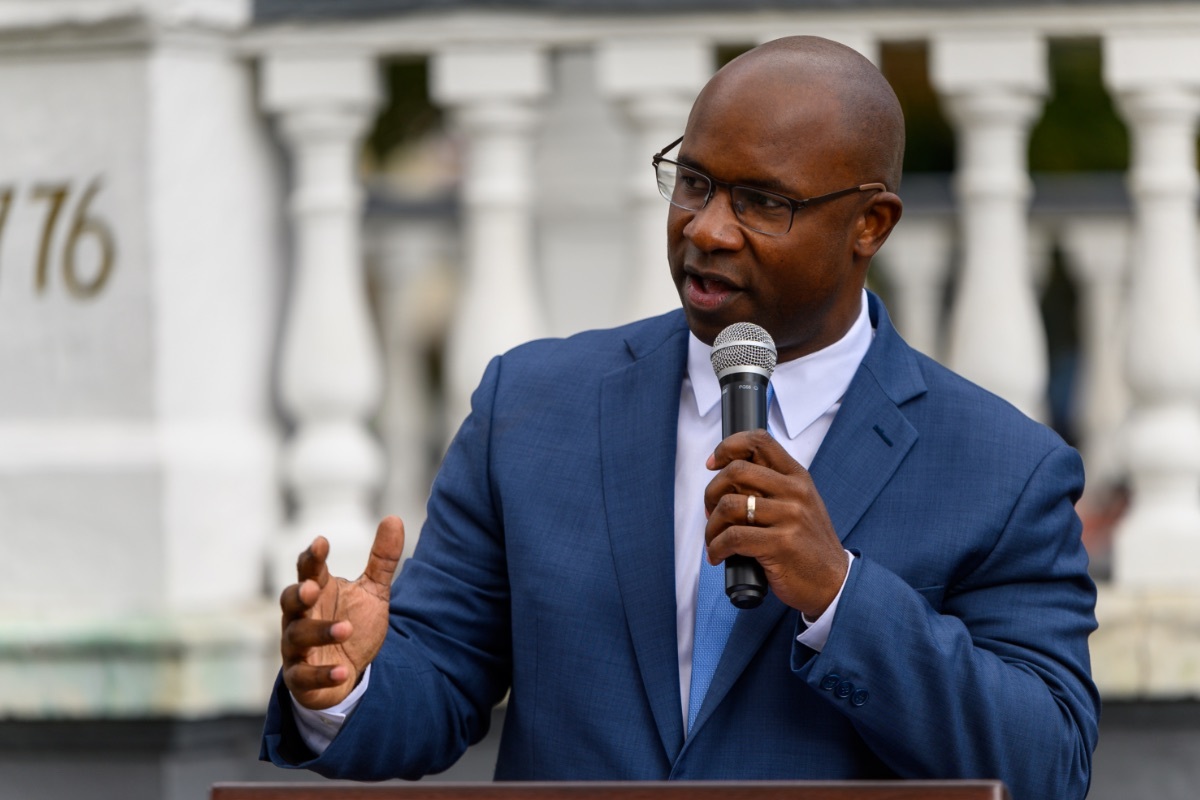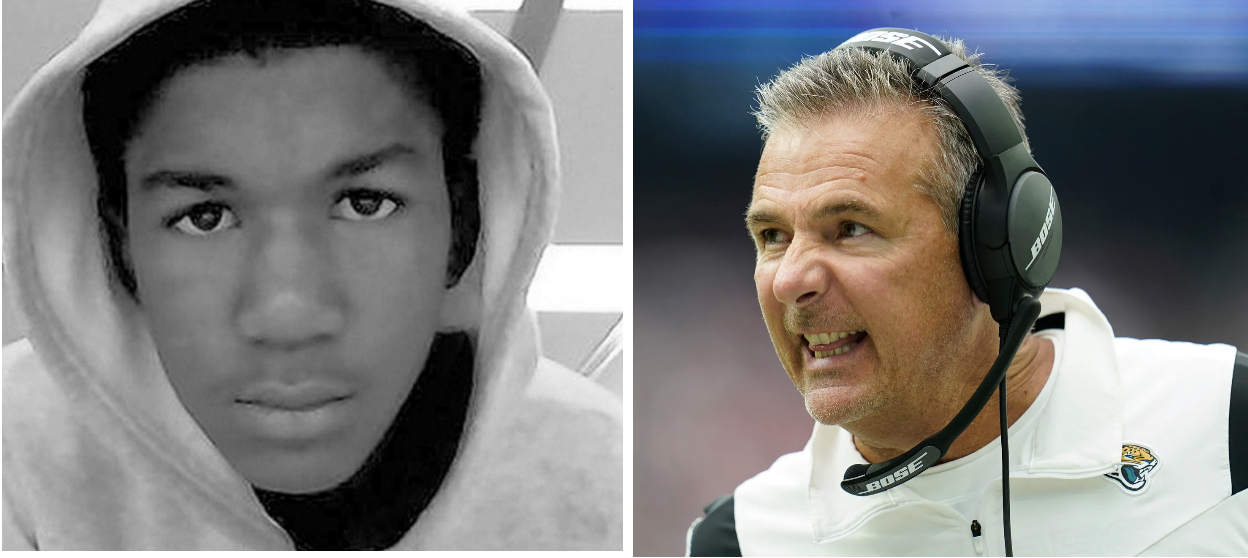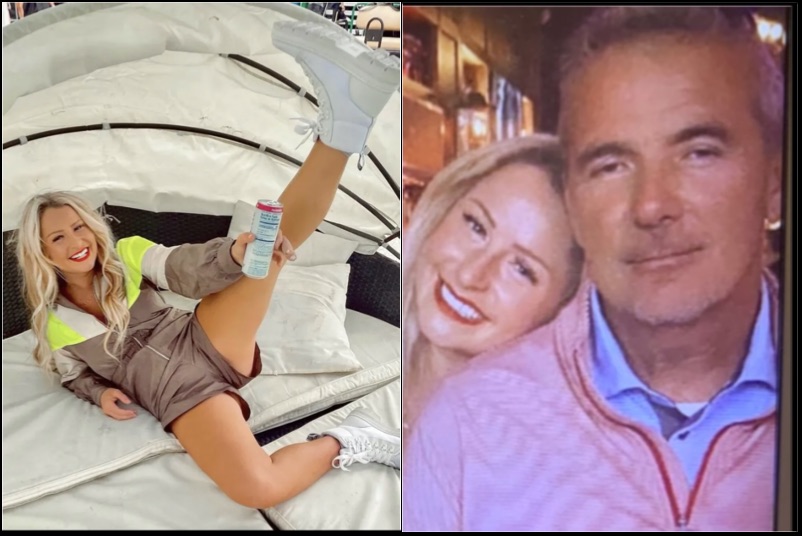This week's season finale of Being Mary Jane starring Gabrielle Union, coincides with the new season of Scandal premiering Thursday night. There’s a historical precedence that is currently being set by these shows. Can you count how many black women have starred as the lead in a dramatic television series in the last 30 years? Three: Gabrielle Union, Meagan Goode and Kerry Washington.
In Union's case, I first came across Being Mary Jane at the Urbanworld Film Festival in Manhattan in 2011. I watched the film and stayed for the Q&A, which included commentary from the creator Mara Brock Akil, her husband and producer Salim Akil, and Ms. Mary Jane herself Gabrielle Union. The Akils had collaborated together in the past, but this was their first dramatic television project. They aired the first two episodes as a movie and, to my surprise, I was wowed by its quality, heart, and sincerity. That was about three years ago, and I told anyone who listened to me about it from that time up until its premiere in January. I absolutely loved the first two episodes and felt that it was the best scripted television show to ever appear on BET.
I felt the same way about Scandal when it premiered in April 2012. The main character was at the very center of national affairs and a consummate problem solver. Both television dramas follow the happenings of two African American women who are at the very zenith of their respective careers having a great deal of power and prestige. But who personally, are sleeping with married men. Although both shows have a legion of loyal fans who will rave about the quality of the scripts and how each heroine is indicative of what black women are dealing with on a daily basis, the lead characters of the shows are also coming under fire for being ‘side chicks’ and ‘home wreckers.’
This entire quandary is a bit odd for me because I have personally heard black Hollywood groan aloud regarding the lack of dramatic vehicles with African American women in the lead role for 20 years. I am also old enough to remember a time when it was actually rare to see a black woman appear in any dramatic series in any capacity. Yet, here are two wonderfully talented black actresses in leading roles on dramatic series that are airing in the same season and we find that they are being lambasted in some circles.
This is the first time this has ever happened and represents a historic moment in and of itself, yet the Black Blogosphere is on fire over the depictions of the adulterous ways of these characters. Why is it that some simply cannot take it for face value? It’s simply about entertainment. Are black people so inundated by bad PR that even our fictional characters are held to an unrealistic standard?
Every image that is created isn’t being done solely to denigrate and embarrass of the entire black race. Prior to these two shows, and the now defunct Meagan Goode starrer Deception, there has not been a black female television lead on a TV network drama series since Diahann Carroll starred as a single mom and nurse in Julia in 1968. And Teresa Graves represented as a cop in Get Christy Love in the 70s.
Why are dramas so important? Only ten years ago black men and women were largely limited to comedies. Amos and Andy was the first African American show on network television in 1951. It was followed by the Nat King Cole Show in 1956. Blacks seemed to be destined for demeaning comedy roles, or to appear on shows where they would be required to sing or dance, from the very beginning. Sanford and Son, Martin, and The Jamie Foxx Show are directly descended from those early black shows.
But today, the drama story-lined characters played by Union and Washington are representative of many things any self-respecting sister could see herself aspiring to professionally. They are each established in careers where they are highly-educated, beautiful and loyal to friends and family. Are they saints? No, but are you?
Scandal, the brainchild of accomplished writer/producer Shonda Rhimes, is considerably more fanciful and outrageous in some of its subject matter while Being Mary Jane is a bit more realistic and relies less on sensationalism. There are plenty of things we could be talking about when it comes to these shows. We could be talking about how far sisters have come in television. We could be talking about how Rhimes, Salim, and Mara Brock Akil are indicative of how far black people have come as far as creating content and working behind the scenes. But we’re not talking about any of those things. Instead, some are talking about the fact that both protagonists from the aforementioned television series are having affairs with married men. The funny thing is, a great number of the complaints about the show on Twitter are coming from men.
I am aware that African Americans rarely have had control over how they are portrayed on television and are vocal when we think someone is trying to portray us as something less than what we actually are. But this artificial controversy over the sexual habits of imaginary characters bares the stench of disingenuousness. I recall reading a Tweet from a black man who recalled The Family Matters, The Huxtables of The Cosby Show, Whitley and Dwayne Wayne of A Different World, as examples of how black love was depicted on television in the past and he Tweeted, “I feel fortunate to have grown up in a time where I saw examples of Black Love and Values. What Happened BET, NBC, ABC?”
What did you think when you first saw Mary Jane Paul lay down with Andre or when Olivia Pope was getting her creep on with the president? Initially, the respective fan bases of each show were all in on the story arcs and it didn’t really matter that these characters weren’t perfect. Who is? Is it the sister reading this article on her tablet as she returns home from a long commute or the self-righteous brother trolling the Internet for people to piss off?
The reason why Being Mary Jane became popular is because the lead is imperfect. That’s its appeal. Scandal is super-sensational and over the top. These characters are not defined simply by their choices in partners, at least not to me. However, the manner in which one conceives a thing is how that thing is in their minds. But it is also indicative of how hard black people are on one another.
Yes, I am aware of the stereotypes that have continually haunted black women in cinema and television, but these women are far more than super-Mammy’s and harlots. That’s clear to me. The fact that these conversations are ongoing within the African American community are not an indictment on the shows themselves, but perhaps indicative of the ongoing dialectic in our community between what a good black woman is and what a good black woman should be.



